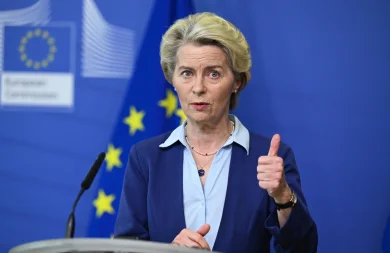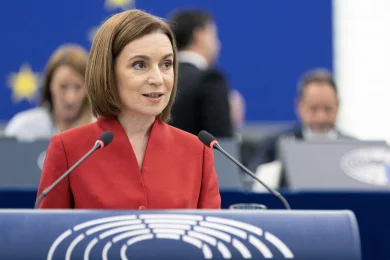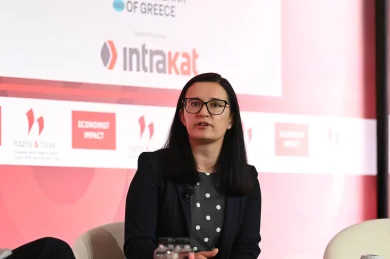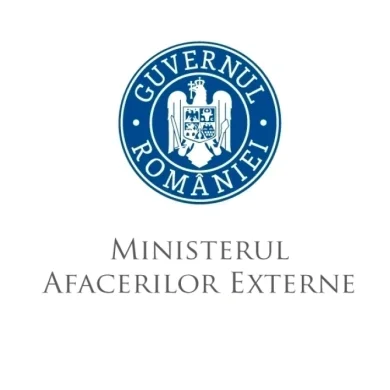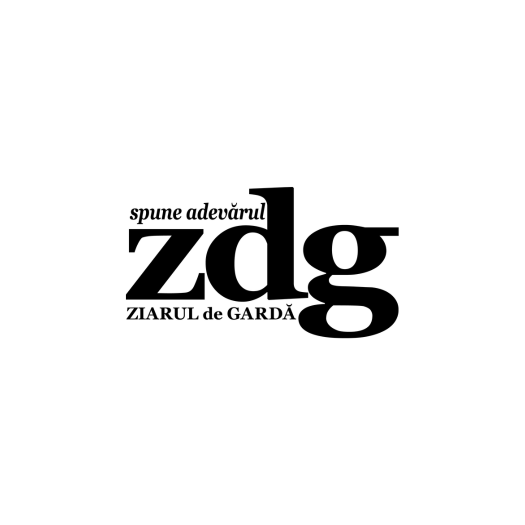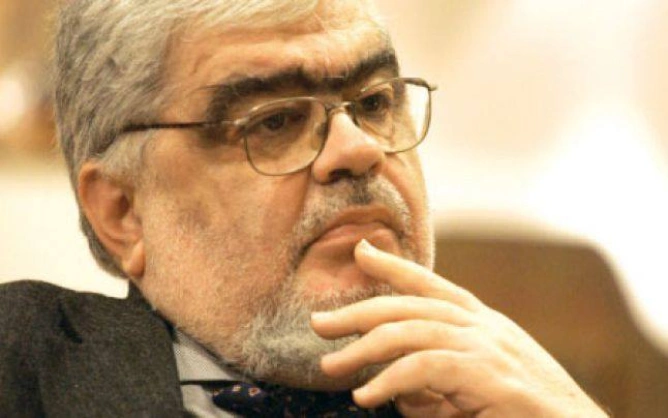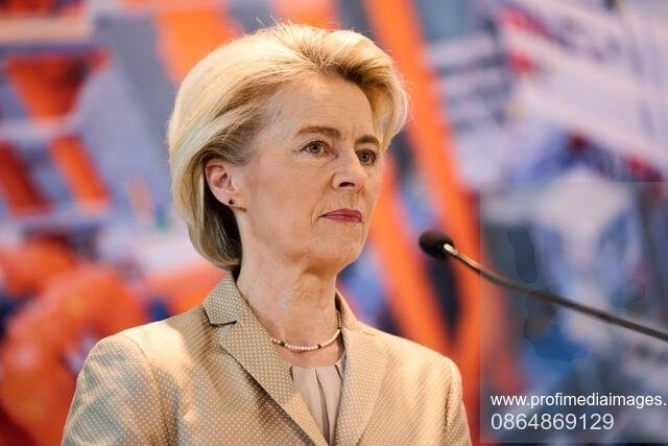
Brussels, November 4, 2025 – The European Commission adopted on Tuesday, November 4, the Annual Enlargement Package for 2025, presenting a detailed assessment of the progress made by candidate and potential candidate countries. The report reaffirms that enlargement is a major priority for the European Union and confirms that the accession of new member states is "ever closer," with the process remaining strictly merit-based.
The document provides a roadmap for Montenegro, Albania, Ukraine, Moldova, Serbia, North Macedonia, Bosnia and Herzegovina, Kosovo, Turkey, and Georgia, assessing the pace of reforms, particularly in the areas of democracy, the rule of law, and fundamental rights.
European Commission President Ursula von der Leyen stated: "We are more committed than ever to turning EU enlargement into a reality. Because a larger Union means a stronger and more influential Europe on the world stage. But enlargement is a merit-based process. Accession to the EU is a unique offer — a promise of peace, prosperity, and solidarity. With the right reforms and strong political will, our partners can seize this opportunity." (translation from the official statement of the European Commission)
The report highlights significant progress for Montenegro, which has provisionally closed four negotiation chapters and is on track to achieve its goal of finalizing negotiations by the end of 2026. Albania has already opened five clusters and is preparing to open the sixth, maintaining its goal of closing negotiations by 2027.
Ukraine and Moldova are praised for the strong commitment demonstrated despite Russia's aggression and hybrid pressures. Both countries have met the conditions for opening three negotiation clusters (including the fundamental one), and the Commission estimates that they will be ready to open all clusters by the end of 2025.
In contrast, the report notes that in Serbia, reforms have "significantly slowed" amid political polarization and "erosion of public trust," with the Commission calling for a reversal of regression regarding freedom of expression and strengthening the rule of law. In the case of North Macedonia, decisive actions are required, including the adoption of necessary constitutional amendments — related to the inclusion of Bulgarians — to open the first negotiation cluster.
Bosnia and Herzegovina has made limited progress, affected by the political crisis in Republika Srpska, while Turkey remains an important partner of the Union, but accession negotiations have been "stalled since 2018" due to the deterioration of democratic standards.
The most serious situation is in Georgia, where the Commission finds a "severe democratic regression" and considers the country a "candidate only in name," with the accession process being "de facto halted." Authorities in Tbilisi are urged to urgently reverse the course and return to the European path.
Commissioner for Enlargement, Marta Kos, emphasized: "Overall, 2025 has been a year of significant progress for EU enlargement. Montenegro, Albania, Ukraine, and Moldova stand out with visible results. There will be no shortcuts — reforms must continue and deepen."
The Commission announced that it will soon present a Communication on the internal reforms necessary to prepare the European Union for the admission of new members, a step considered essential for the credibility of the enlargement process. The Council of the European Union is to review the recommendations and decide on the next steps.
.webp)
